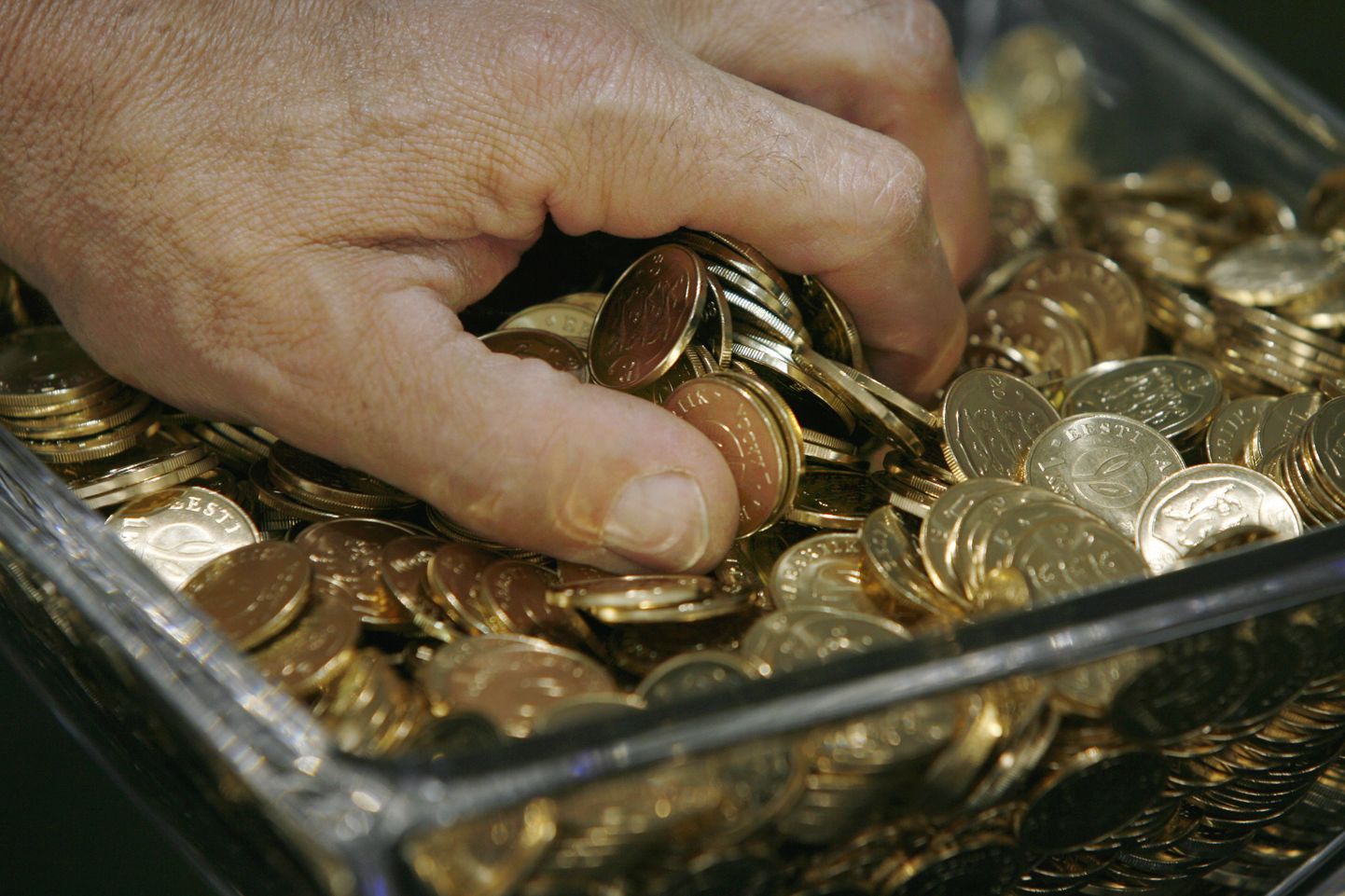
Judging by membership fees, political parties – eager to have the masses believe in their goodness and superiority – have miserably failed among own ranks.

Judging by membership fees, political parties – eager to have the masses believe in their goodness and superiority – have miserably failed among own ranks.
Paying the party fee would seem as elementary as the diligent Lutheran remembering his church fee. Believing my party is a blessing, I support its endeavours; I invest my time or money the best I can, as one belonging somewhere – with my duties and expectations.
As shown by a glance at 1st quarter report of parties regarding fee-payers and percentage thereof among membership, IRL members are top sluggish: totalling over 9,800 members, only 125 IRL rank and file paid party fee during the three months bringing in €1,622. Payers amounting to 1.3 percent of membership.
Same data for the others. Reform: 12,841 members, payers 244, income €3,112, percentage only 1.9. EKRE: 7,700 members, diligent payers 171, income €2,155, percentage 2.2. Centre: 14,200 members, 500 payers, income €7,933, percentage of payers 3.5.
Soc Dems, with their membership of slightly above 6,200 had 435 members pay up – a rather high percentage of seven. The newcomer Free Party sets a high standard: 667 members, 124 payers, income €2,571, total percentage 18.6. True, this may be first love, but still an example to others.
Having harvested close to €400,000 in donations during the first months of the year, Reform seems to be best at meeting expectations of their believers – elections results the proof. Of the €1.9m spent on the campaign, the donations covered a whole lot, helping to secure 30 seats in parliament.
Soc Dems, members and supporters alike grumbling about the under-expectations outcome, collected nearly €275,000 in donations during run-up to elections, but were also forced to assume a bank loan: €150,000 to be paid in a year. This the party substantiated by claiming that campaigning time will always require more money, and all will be paid in timely manner.
IRL, for whom a seat at Riigikogu cost the most – €107,143 – earned a bit over €265,000 in donations.
As for Centre, their first quarter donations exceeded €163,000 euro, the largest donation of €25,000 coming from entrepreneur Urmas Sõõrumaa. In spotlight recently as one searching for his true self and aspiring to be an example, Mr Sõõrumaa has been a golden sponsor for Centre and Reform for years. This time, before the elections, his input towards Reform was €120,000.
Of private persons, Reform was also supported by Hillar Teder with €70,000, Indrek Rahumaa with €25,000, and Kaido Jõeleht with €20,000.
The largest Centre supporters during first half of the year were Viktor Vassiljev and Peeter Rebane, by one-off contributions respectively €4,500 and €3,500.
The EKRE parliamentarian and bad-boy/wunderkind Jaak Madison gave the party €5,000. As explained by Mr Madison to BNS, his last year’s monthly income was «strongly over a thousand euros». «Up until end of last August I worked at several jobs for several years in a row – sales work and on a ship, my income was strongly over a thousand euros and expenses rather marginal, as I have no obligations. In that regard it was okay to save. But I did add loan money,» he said.
During the initial months of the year, entrepreneur Raimo Kägu donated close to €20,000 to the People’s Unity Party (RÜE) led by his unmarried partner Krisiina Ojuland. RÜE, left outside of Riigikogu, harvested €885 by membership fees and a total of €38,506 in donations.